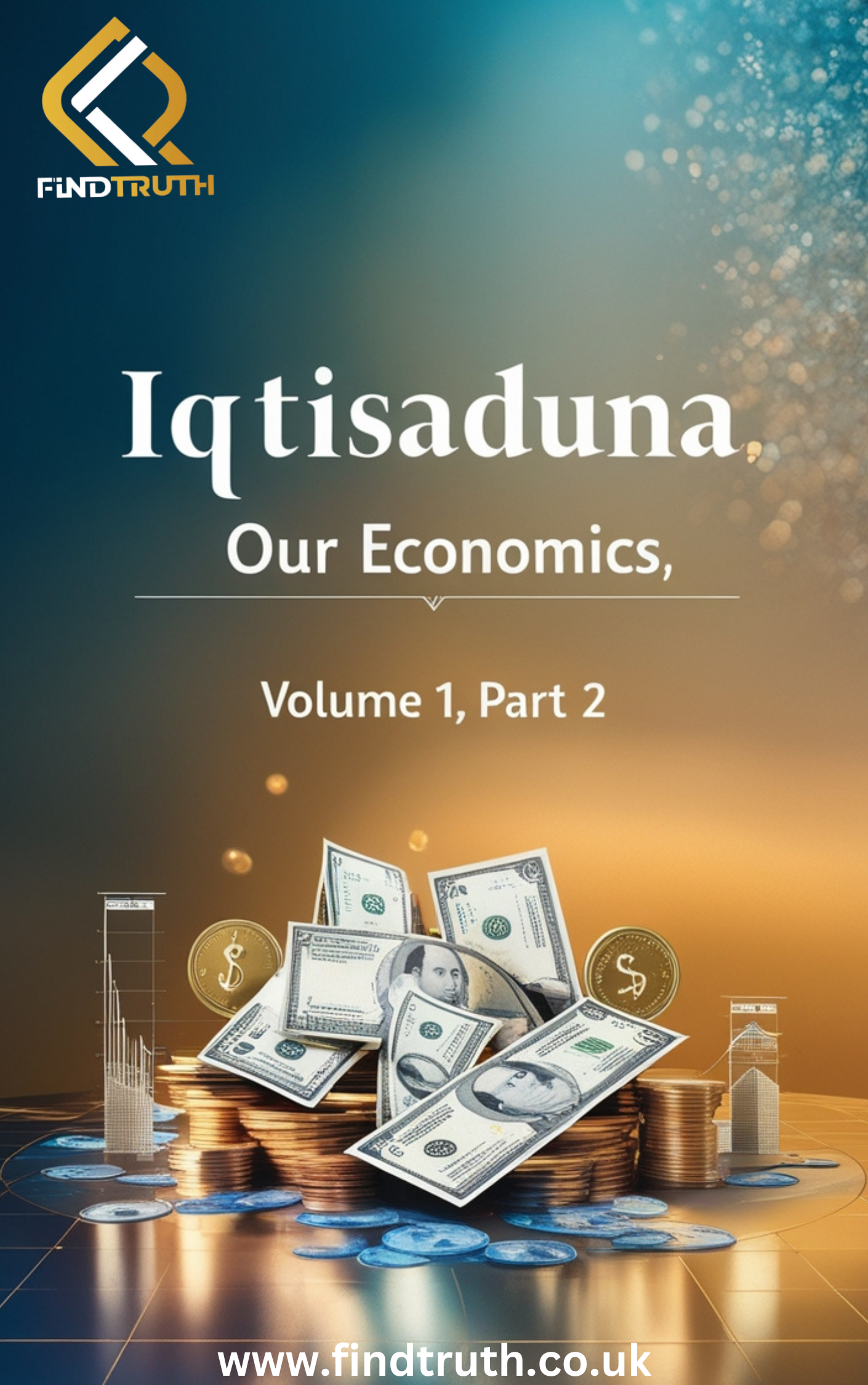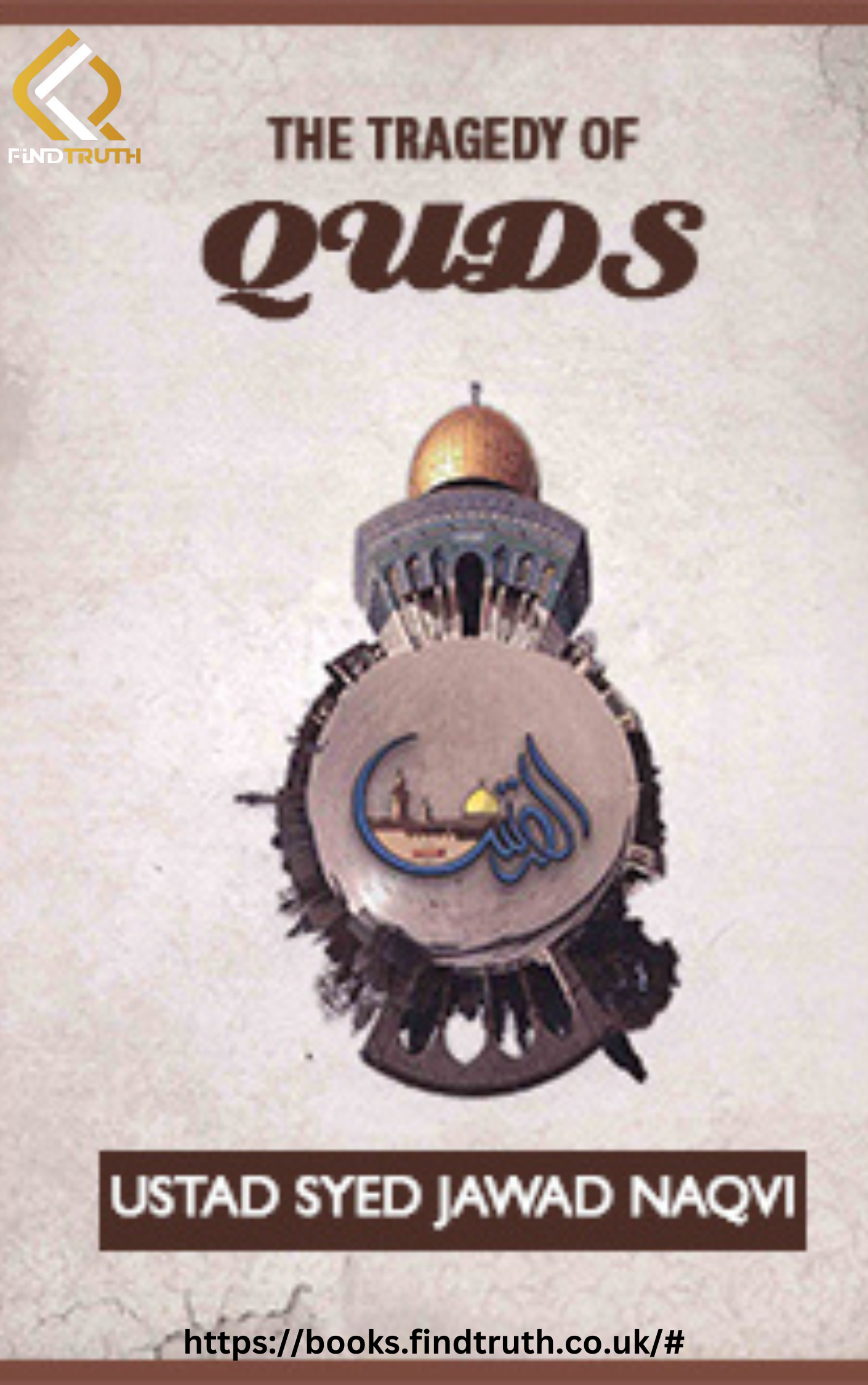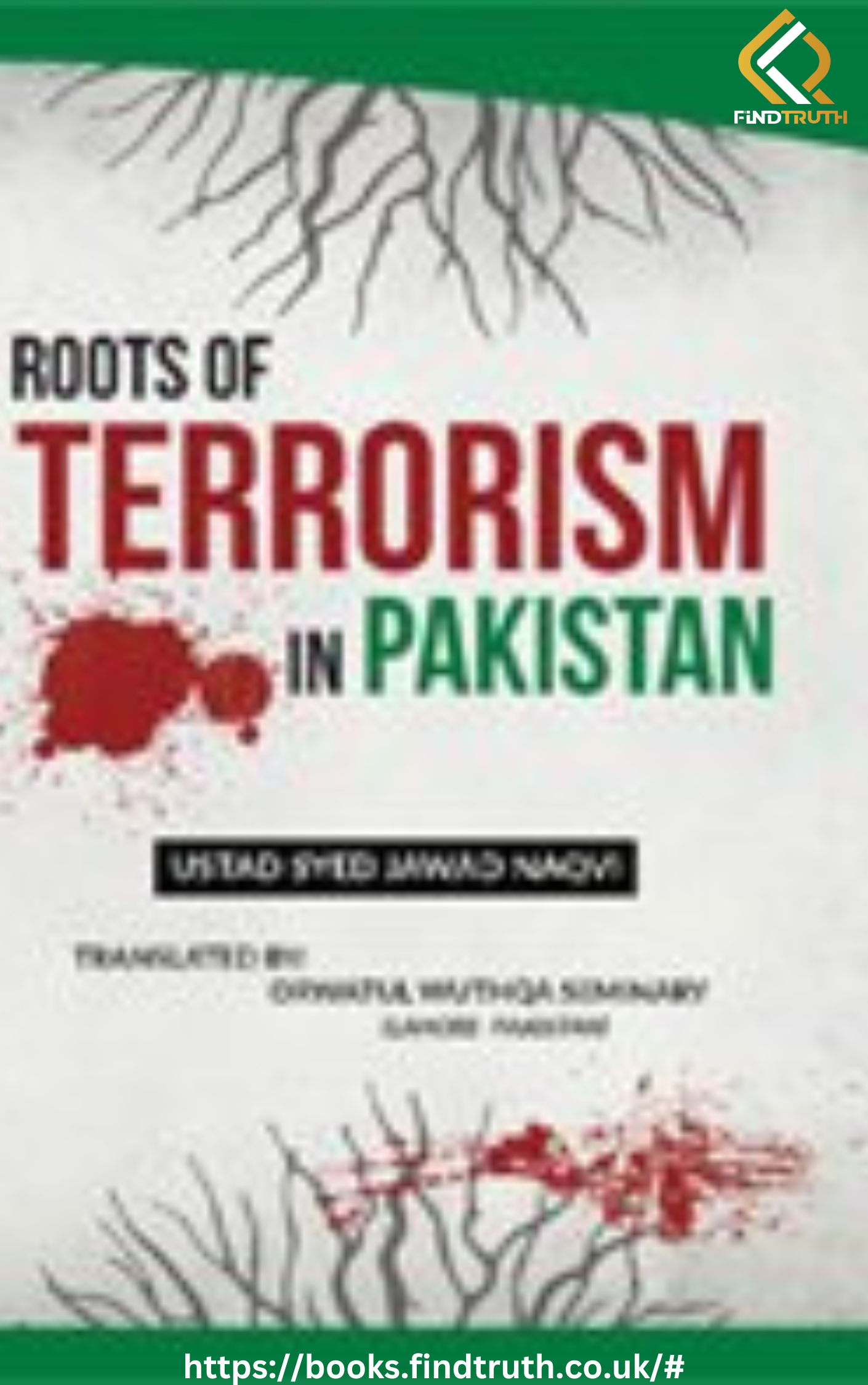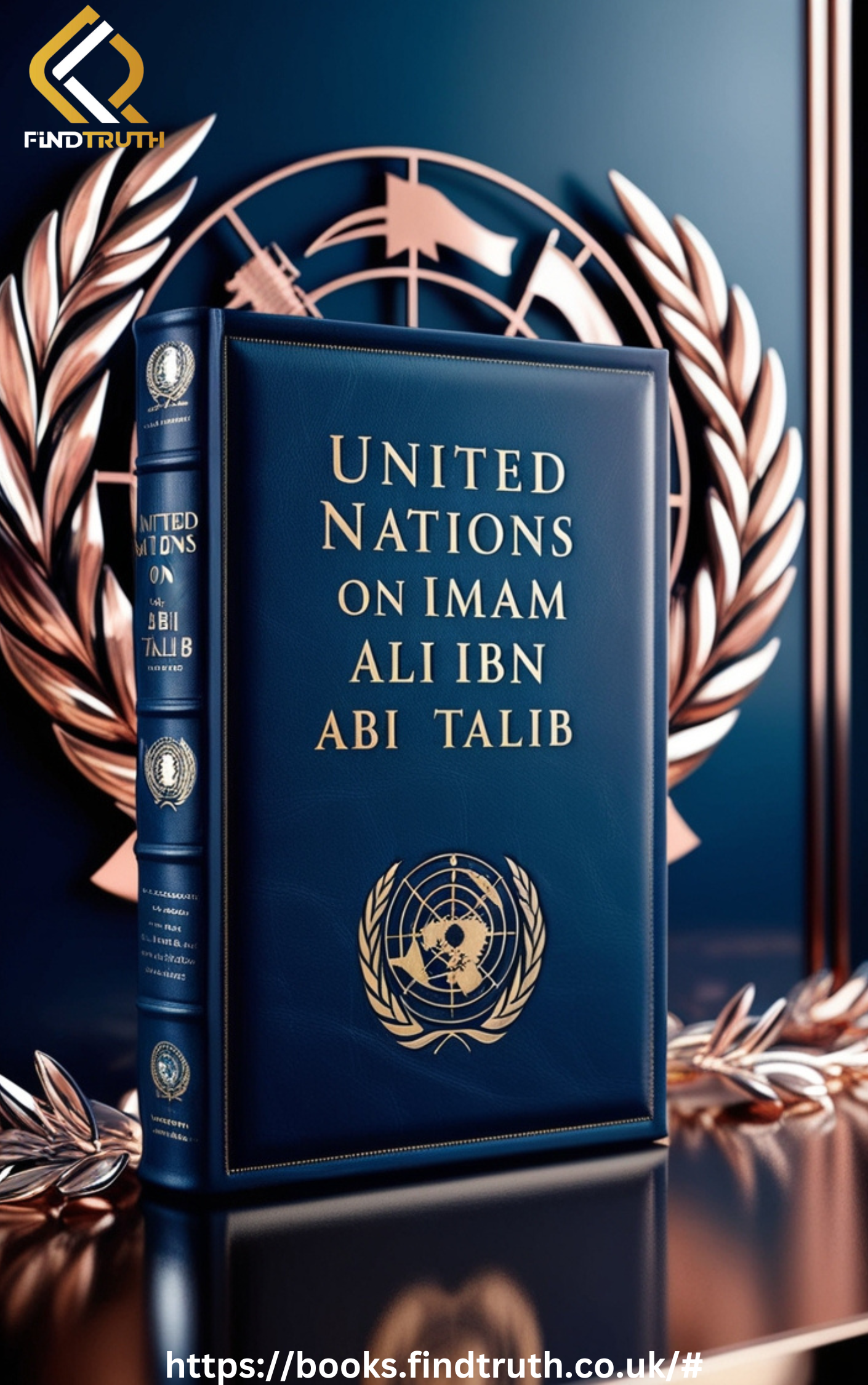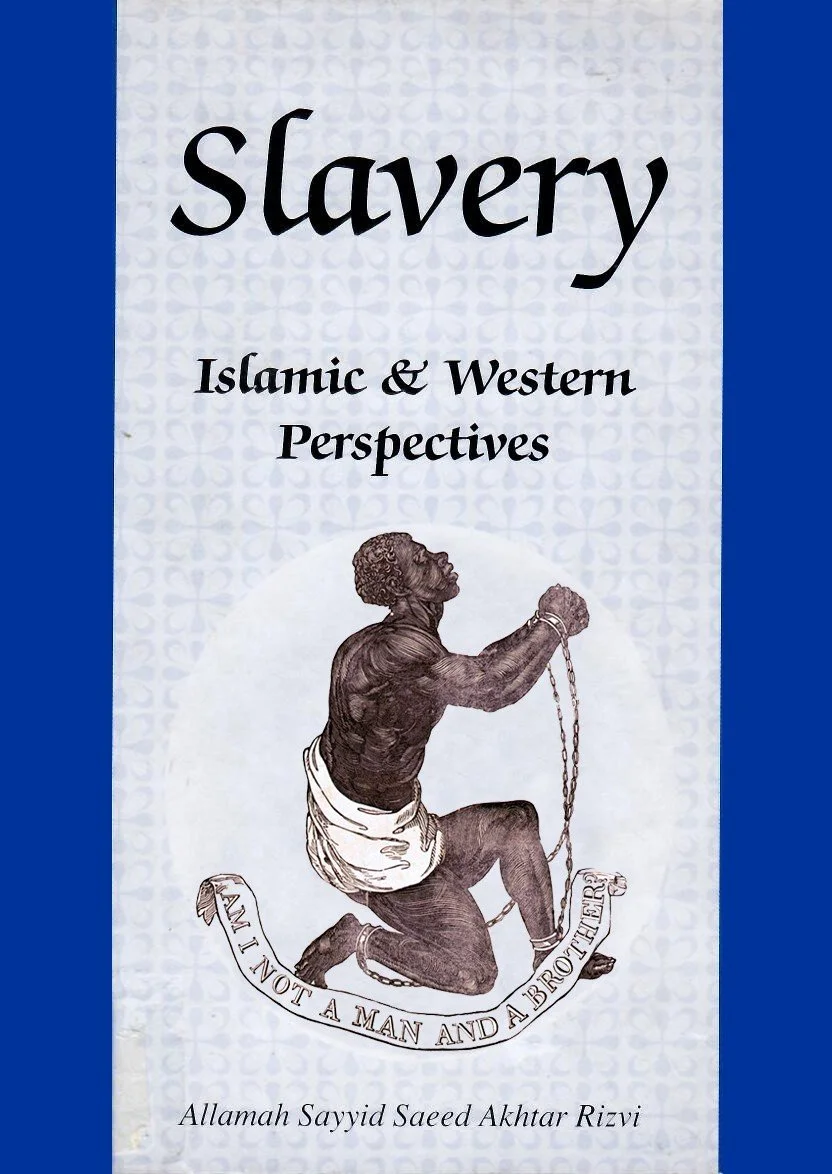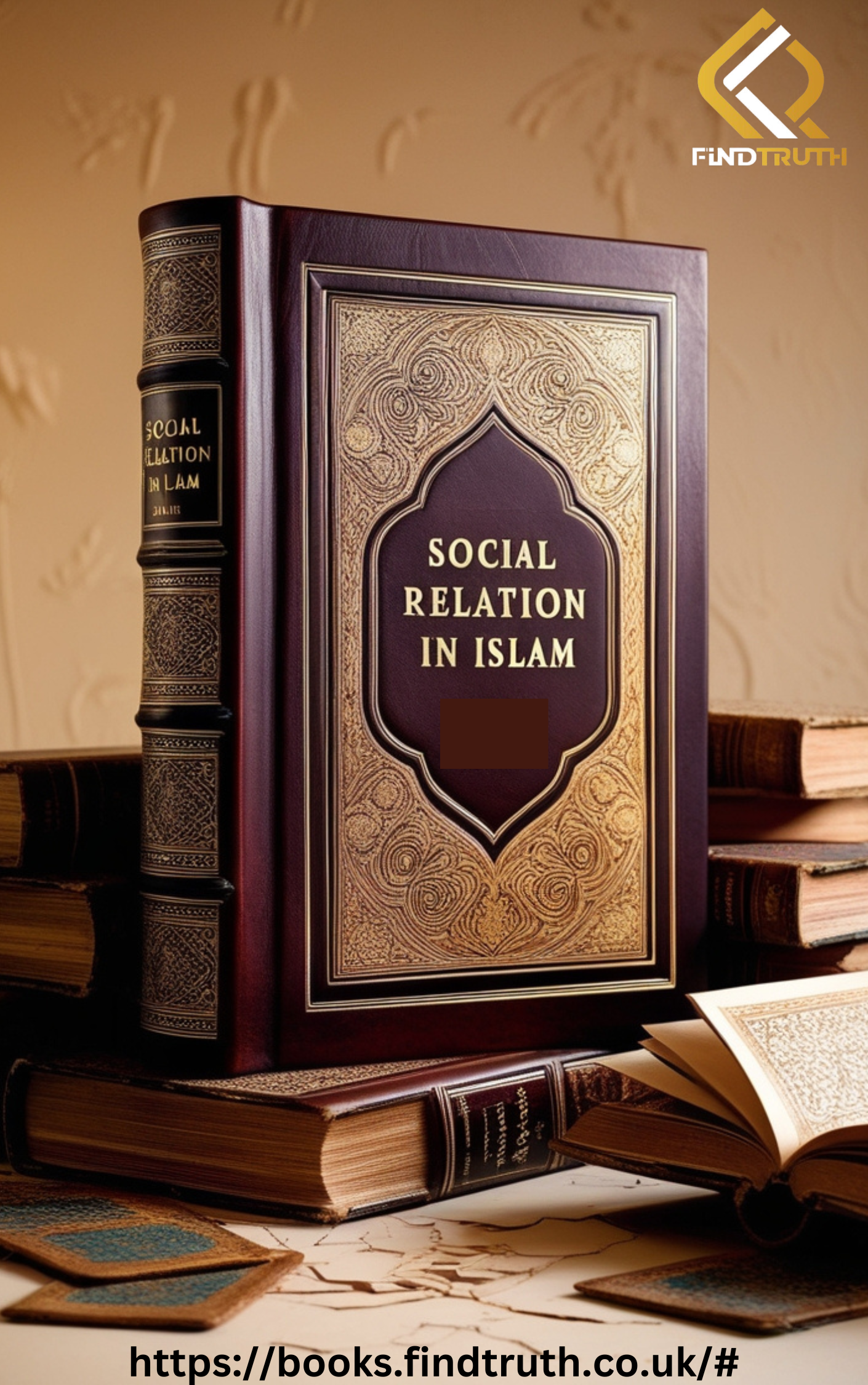
- Beliefs
-
Muslim Practices
- Salah (Daily Prayers)
- Sawm (Fasting)
- Hajj (Pilgramage to Makkah)
- Zakah (Charity Giving)
- Khums (Giving One-Fifth of Annual Saving)
- Jihad (Striving in the Way of God)
- Amr bil Ma'ruf (Encouraging Good)
- Nahy 'an al-Munkar (Stopping Evil)
- Tawalla (Loving the Prophet & His Family)
- Tabarra (Disassociating from the Enemies of the Prophet and His Family)
- Islamic Education
-
Akhlaq - (Ethics)
-
Quran & Sciences
-
Islamic History
-
Socio-Cultural
- Islamic Holy Places
-
Supplications
- Home
- Feature Selections ★
- Beliefs 🛐
-
Muslim Practices ☪️
- Salah (Daily Prayers)
- Sawm (Fasting)
- Hajj (Pilgramage to Makkah)
- Zakah (Charity Giving)
- Khums (Giving One-Fifth of Annual Saving)
- Jihad (Striving in the Way of God)
- Amr bil Ma'ruf (Encouraging Good)
- Nahy 'an al-Munkar (Stopping Evil)
- Tawalla (Loving the Prophet & His Family)
- Tabarra (Disassociating from the Enemies of the Prophet and His Family)
- Islamic Education
-
Akhlaq - Ethics 🔑
- Quran and Sciences 📖
-
Islamic History
- Socio-Cultural
- Islamic Holy Places
- eBooks
- Iqtisaduna, Our Economics, Volume 1, Part 2
Iqtisaduna, Our Economics, Volume 1, Part 2
"Iqtisaduna, Our Economics, Volume 1, Part 2" delves into the core principles of Islamic economics, providing a comprehensive analysis of how Islamic teachings influence economic policies and practices. This volume emphasizes the importance of ethical conduct in economic transactions and the role of social justice in fostering a balanced economic system. It explores various aspects of economic life, including wealth distribution, labor rights, and the prohibition of interest (riba). By integrating religious teachings with contemporary economic theories, the book offers readers a framework for understanding how Islam approaches economic challenges and promotes sustainable development. This volume is essential for anyone seeking to comprehend the intersection of faith and economics in the modern world.
